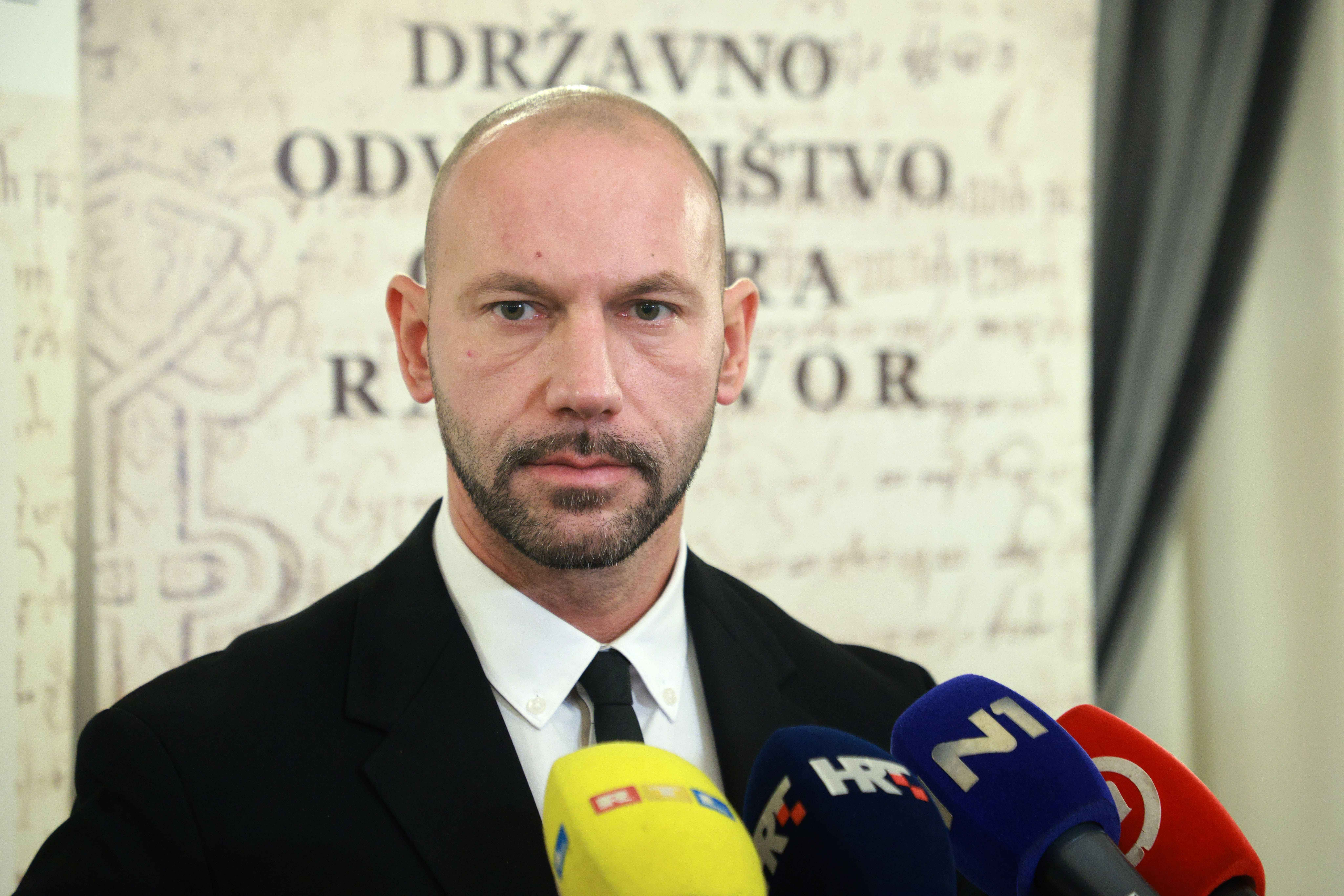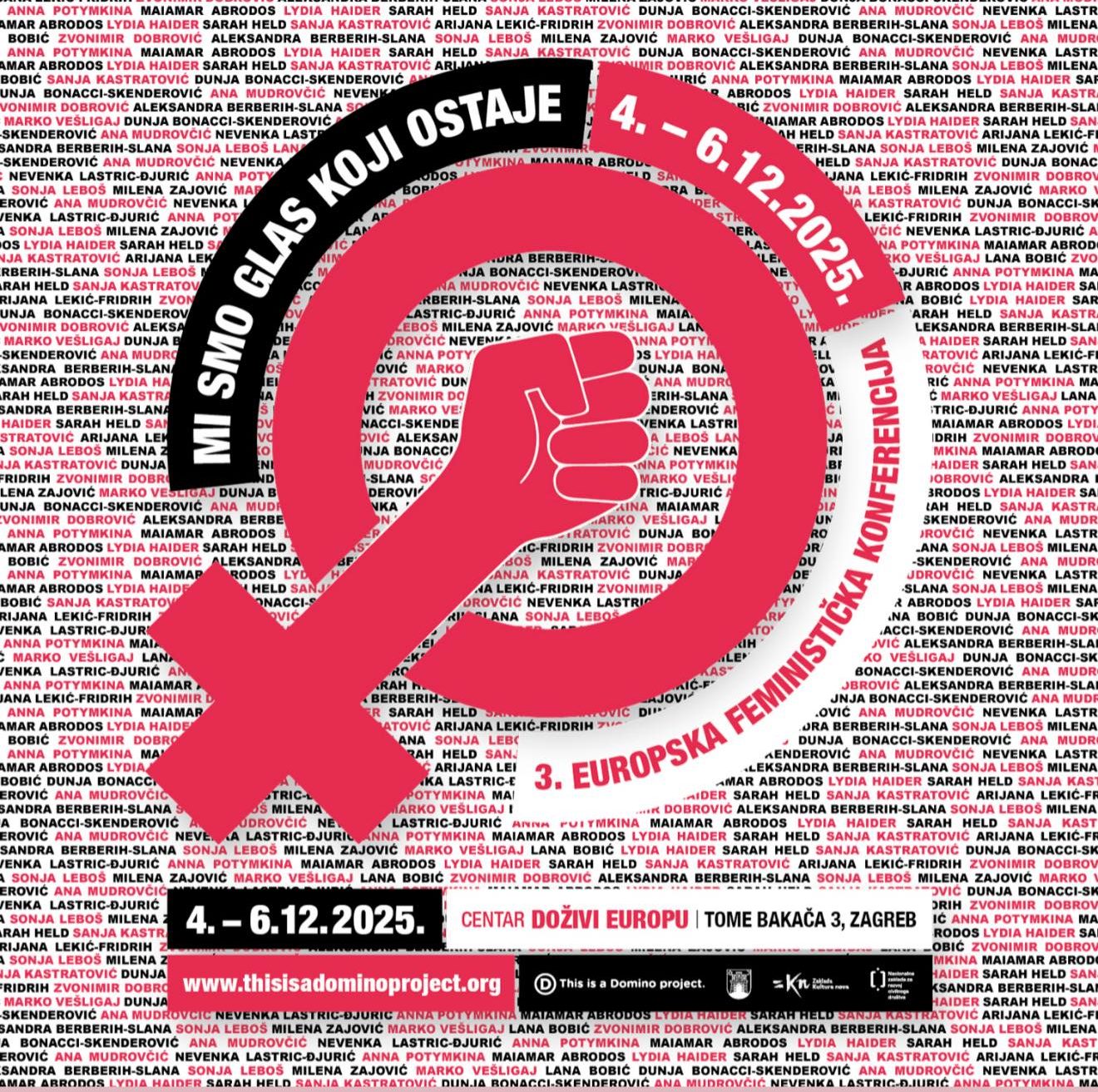At the beginning of the 21st century, we as a global community are facing tremendous transitional changes in the field of media. Technological innovations and the development of new media bring about new possibilities for media content providers. While the advent of the internet age, Web 2.0 technology, and the ubiquity of mobile telephones have imparted high expectations that new media technologies will systematically enhance civic engagement and better develop national and global political cultures, it seems that some cultural norms and social practices continue to resist this all-encompassing transformation, chief among them, the misrepresentation of gender in the media.
Research studies, statistical reports, and popular press releases reveal small numbers of women in both the field of media and actual media programming. The Global Media Monitoring Project (www.whomakesthenews.org), an agency that maps the representation of women and men in news media worldwide, has completed studies for 1995, 2000, 2005 and 2009 which conclude that women are grossly underrepresented in news coverage in contrast to men. The latest results from 2009 indicate that only 24% of news subjects, or rather the people in the news, are female.
In Croatia, similar research initiated by Matica hrvatska was conducted in 2008 and 2009. The results are devastating. On public service television HTV news, only 16% of the aired statements on news broadcasts were given by women. The situation is no less alarming on the two primary commercial television stations.
The primary affect of female underrepresentation in the media is an unbalanced picture of the world, one in which women are largely absent. The studies equally reveal a paucity of women’s voices in news media content in contrast to men’s perspectives, resulting in news stories that too often present a male-centric viewpoint. Serious topics, including politics and Government, are still reserved mainly for male journalists.
A woman is often treated as an object in media content. A pretty woman and her body are used as decoration for front pages and web domains. Further, the position of a woman as a journalist or as an editor in Croatia is wholly unequal to their male counterparts, and is reflected in lower salaries, a lack of promotions, and an overall lower quality of social respect.
We proposed the organization of a conference entitled, “Women in Media,” and invited guests from the United States and European countries in an attempt to enhance the level of understanding and discourse for this negative trend. We invite as our guests journalists, editors, and other media professionals and experts, especially those interested in media and gender issues.
The target audiences for the event are media professionals, academics, students of media and journalism, representatives of civil society and governments, as well as others interested in the field.
Organizing Committee
Viktorija Car, Faculty of Political Science
Smiljana Leinert-Novosel, Croatian Communication Association and Faculty of Political Science
Karin Sedlaček, Embassy of Sweden
Anja Picelj-Kosak, US Embassy
Frédéric Frapaise, French Embassy in the Republic of Croatia
Contact:
E-mail: viktorija.car@fpzg.hr
Faculty of Political Sciences
Lepusiceva 6, 10000 Zagreb, Croatia
phone: +385 1 4642000
fax: +385 1 4655316
www.fpzg.hr
Thursday, May 26th, 2011
Faculty of Political Science, Lepušićeva 6, Zagreb
room A, ground floor
9:45 registration
10:00 opening
Nenad Zakošek, Dean
Smiljana Leinert-Novosel, President of the Croatian Communication Association
Conference Moderator: Viktorija Car, Faculty of Political Science, Zagreb
Barbara Cochran, International Women’s Media Foundation and University of Missouri
Women’s Role in Media: Building Toward an Equitable Future
Sanja Sarnavka, B.a.B.e., Zagreb
Who Makes the News and Why it Matters to Answer These Two Questions?
Josip Šipić, The Institute of Economics and Faculty of Political Science, Zagreb
Right-wing Motherhood in Croatian Politics
12:00 – 12:20 coffee break
12:20
Maria Edström, GMDC and University of Gothenburg
Is There a Nordic Way? Achievements and Problems with Gender in the Media from a Swedish Perspective
Anne-Cécile Robert, Deputy Chief Editor, Le Monde Diplomatique and European Institute of Paris 8-University
French Women in Media. Do we Need a Law?
13:45 – 15:00 break
15:00 – 19:00 round table
room B
ground floor
Panel A: Women as Media Professionals: Equal Opportunities
Keynote: Iva Gačić, News Program Director, NovaTV
Panel B: Gender and Media Coverage
Keynote: Tajana Broz, CESI
(coffee break 17:00 – 17:20)
Panel C: Women, Media and Politics
Keynote: Marijana Grbeša, Faculty of Political Science
Biographies
Barbara Cochran, a news executive whose career includes top jobs in the broadcast, print and non-profit worlds, is the Curtis B. Hurley Chair in Public Affairs Journalism at the Missouri School of Journalism. Cochran is based in the School’s bureau in Washington, D.C., where she has spent her entire career and also engages in programs of research, consulting and training aimed at improving the practice of journalism, working with the Committee of Concerned Journalists, also located in Washington, and the Donald W. Reynolds Journalism Institute. Cochran served for 12 years as president of the Radio Television Digital News Association (RTDNA), the world’s largest organization serving the electronic news profession. At RTDNA, Cochran championed the First Amendment rights of journalists, launched initiatives in ethics and diversity and led the association’s inclusion of digital journalists in its membership. RTDNA received the Missouri Honor Medal for Distinguished Service in Journalism during her tenure. Previously, Cochran served as managing editor of the Washington Star, vice president for news for National Public Radio, executive producer of NBC’s Meet the Press and vice president and Washington bureau chief for CBS News. She has supervised coverage of stories from Watergate to the Persian Gulf War and played a leading role in the coverage of every election and political convention for 24 years. At NPR, she directed the creation of Morning Edition, the program that cemented NPR’s position as an essential national news provider. During her tenure, NPR won two DuPont-Columbia Awards. Cochran has been recognized with a number of awards, including The Media Institute’s Freedom of Speech Award, The AWC Matrix Foundation’s Edith Wortman First Amendment Award, the Library of American Broadcasting’s Giants of Broadcasting Award and RTDNF’s First Amendment Award. Cochran is co-chair of the International Women’s Media Foundation. Cochran has a master’s degree from the Columbia University Graduate School of Journalism in New York and a bachelor’s degree from Swarthmore College in Pennsylvania.
—————————–
Maria Edström, Ph.D., is Senior Lecturer at the Department of Journalism, Media and Communication at the University of Gothenburg and she works at the Swedish Secretariat for Gender Research. She is currently doing research on freedom of speech, gender equality and working conditions for freelance journalists.
At the department of journalism, media communication she has been the course leader of Media and society (2006-2007) Perspectives on journalism (2008-2009) Media, Journalism and Global Studies. (2008-2009), Investigative journalism (2010).
Maria Edström has a background as a journalist in the broadcast media and newspapers. As a freelance journalist she worked at the local newspaper Arbetet Nyheterna, on local public service radio stations, mainly in Örebro, and in other various newsrooms, national radio & television and daily newspaper as a reporter, producer and editor (1989-1997).
She was the Regional coordinator for Nordic Europe in Global Report of the status of Women in the News media conducted by International Women’s Media Foundation (2009-2011), http://gendermaria.blogspot.com/. She coordinated the Swedish part of Global Media Monitoring Project in 2000 and was in charge of the university involvement in the study of 2005 and 2009/2010. She is a Board member of the Swedish Broadcasting Commission, (2007-) http://www.radioochtv.se/, a member of the International advisory Board of Gender Links www.genderlinks.org.za (2008-), was a Co-chair at the Gender section of IAMCR; International Association of Media and Communication Research www.iamcr.org (2008-2010).
She published a respectable number of papers and articles, and two books: Tv-rummets eliter. Föreställningar om kön och makt i fakta och fiktion (2006) [The television elites- Images of gender and power in fact and fiction] and Mediebilden av kvinnliga chefer i svenskt näringsliv (2002) [The media image of female CEOs in Swedish business].
——————————–
Anne-Cécile Robert, Ph.D. is a professor at the European Institute of Paris 8-University and deputy chief editor at Le Monde Diplomatique. She is an expert for the United Nations Educational, Scientific and Cultural Organisation, “Culture of peace project ” (since 2001), for the European Cultural Centre of Delphi (Greece) about the Universal Declaration of Human Rights (July 2006), for the British Council of Bucharest (The Lures and Ruses of Modernity/Leurres et ruses de la modernité), International Colloquim, New Europe College, 2005; for the History of Black people’s Month, Canada (2004 and 2003) and for Le Monde diplomatique’s international editions (Athens, Lisbon, Bucharest). She has published many books and papers, and some of them are: L’Afrique au secours de l’Occident (2006), L’Africa in soccorso dell’Occidente (2006), Africa en auxilio de occidente (2007), Le Peuple inattendu (2003), Un totalitarisme tranquille, la démocratie confisquée (2001).
————————————
Sanja Sarnavka, MA in Comparative Literature and Yugoslav Languages and Literature, has been engaged with the media in many different ways during the course of her professional life: by writing articles for daily newspapers, as a member of the editorial team and author for the film magazine Hollywood, as the editor and anchor person of the radio show Mjesečnica, but most intensively as a coordinator of the Women and Media program within B.a.B.e. At the Center for Women Studies she designed and conducted a course on the media called Distorted Reflections. She tailored, organized, and took part in several research projects at the national and international levels: portrayal of women in daily newspapers, image of women in the media and advertising, Global Media Monitoring Project (2000, 2005, 2010), image of women in school textbooks, etc. She is the author of texts and books about the portrayal of women in the media such as Who is holding a mirror? in Barada, Valerija and Jelavić, Željka, UAnyhow, discrimination should be eradicated (2004.) Interpretations of Newspaper Interpretations of a Murder in Stereotyping: Representation of women in print media in South East Europe (2006); Towards One’s Own Gaze – How to Understand Media Texts and Culture (2006 and 2010); Vocal Silence, (2010), etc.; lecturer at workshops, seminars, conferences (San Francisco, Bangkok, Dubrovnik, Sarajevo, Zagreb, Guadalajara…). She is the producer of four documentaries on gender representation in the media, a number of social commercials and three musical videos and the producer and author of the project addressing youth VideoNotebook on Human Rights, and 10 documentaries Black Box shown on a Croatian television station.
————————————-
Josip Šipić currently works as a copy editor at the Institute of Economics, Zagreb. He is a PhD student in the Comparative Politics program at the Faculty of Political Science, University of Zagreb. After graduating from the Faculty of Humanities and Social Sciences (Philosophy and English Language and Literature), University of Zagreb, he received an MA in Gender Studies at Central European University in Budapest. His main research interests are in the gender dimensions of post-state socialism, gendered discourses of contemporary conservative parties in this region and the political agency of women on the right.



